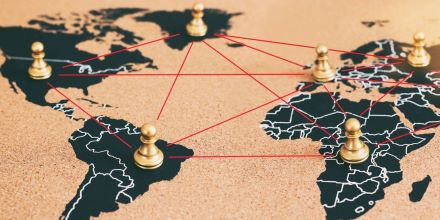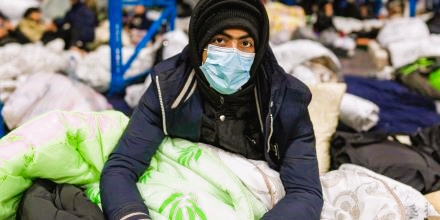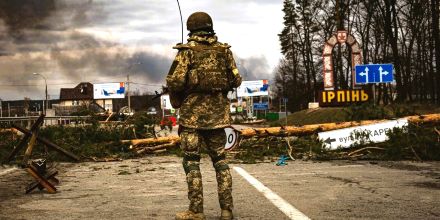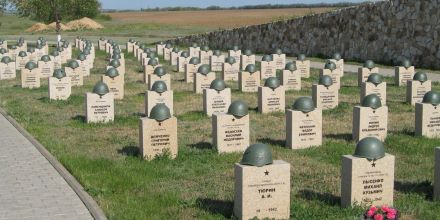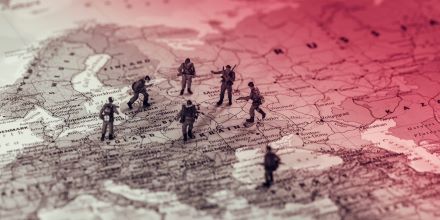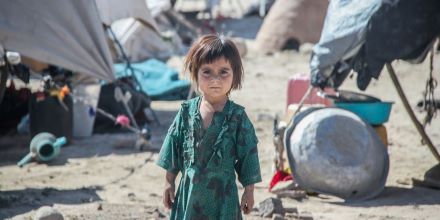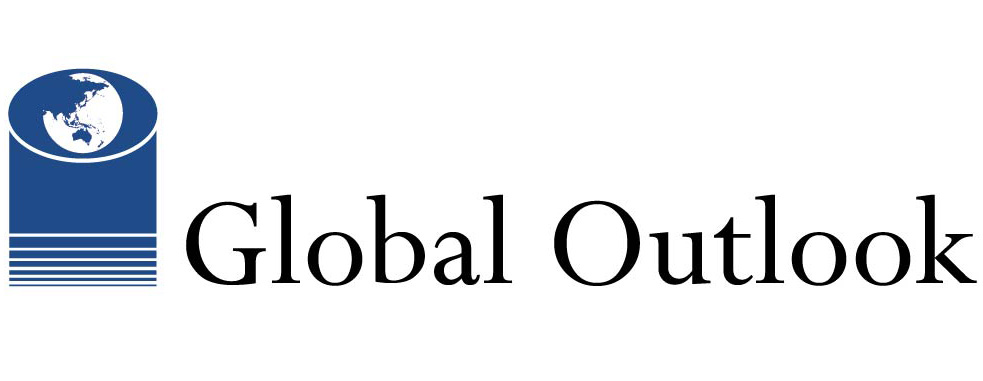
Curated expert opinion on intractable contemporary issues
Global Outlook: Contemporary Peace Research and Practice
America’s Shaky Leadership Makes for Uneasy Global Order
By Chung-in Moon | 02 June, 2022
It’s hard to shake the impression that the US has become a kind of “outsourcing hegemon” that relies on its friends and allies to handle big jobs in the international community because its own power is more limited than it once was.
Double Standards
By Herbert Wulf | 05 April, 2022
At present, historical analogies are very often used to explain reasons for or against the causes of the war in Ukraine or to describe the horrors of this war with historical arguments. Some of these comparisons are downright perfidious, while others are far-fetched or out of place. Historical analogies can provide a framework for orientation. But if arguments are made with historical, moral statements, then they should be applied consistently.
The Best of Times, The Worst of Times
By Joseph Camilleri | 02 April, 2022
Momentous challenges are pressing in on us on all sides. One day it is Covid, the next day Ukraine, the day after the ravages of climate change, then the many ugly faces of racism. The list goes on. Are these just unconnected afflictions, or symptoms of a deeper ailment? How do we make sense of it all? Can we go beyond political spin, propaganda, platitudes? How do we communicate with others about all this? How can we respond? The 7-week series is one modest attempt to address these questions.
Russia’s Weekly Troop Losses in Ukraine Have Already Overtaken Soviet Casualties in Afghanistan
By Amin Saikal | 11 March, 2022
Russia claims that the number of its soldiers killed and injured in the first six days of its invasion of Ukraine is a fraction of what Ukraine has said to be more than 5,000 dead and many more wounded. While neither side’s claims can be verified, even if we rely on official Russian figures, they are proportionally much higher than what the Soviet Union lost in Afghanistan over a decade in the 1980s. This raises serious questions about the ability and efficacy of the Russian military under Vladimir Putin in comparison to the forces his Soviet predecessors commanded during the Afghan war.
False Flag Meets Fake News: The Ukrainian Invasion That Wasn’t
By Ramesh Thakur | 19 February, 2022
Lord Ismay, NATO’s first secretary general, memorably described its mission as being ‘to keep the Soviet Union out, the Americans in, and the Germans down’. With the end of the Cold War, instead of disbanding, NATO became a military alliance in search of a new enemy and mission to justify its existence.
What the US and its Allies Left Behind in Afghanistan
By Amin Saikal | 09 February, 2022
The Afghanistan war is over for the United States and its allies. But the suffering of the Afghan people has multiplied under the extremist, repressive rule of the Taliban in the name of Islam. No country today is in as much danger of losing half its population to starvation as Afghanistan. Who is responsible for this?
The views and opinions expressed in Global Outlook are those of the authors and do not necessarily reflect the official policy or position of Toda Peace Institute.
America’s Shaky Leadership Makes for Uneasy Global Order
By Chung-in Moon | 02 June, 2022
It’s hard to shake the impression that the US has become a kind of “outsourcing hegemon” that relies on its friends and allies to handle big jobs in the international community because its own power is more limited than it once was.
Double Standards
By Herbert Wulf | 05 April, 2022
At present, historical analogies are very often used to explain reasons for or against the causes of the war in Ukraine or to describe the horrors of this war with historical arguments. Some of these comparisons are downright perfidious, while others are far-fetched or out of place. Historical analogies can provide a framework for orientation. But if arguments are made with historical, moral statements, then they should be applied consistently.
The Best of Times, The Worst of Times
By Joseph Camilleri | 02 April, 2022
Momentous challenges are pressing in on us on all sides. One day it is Covid, the next day Ukraine, the day after the ravages of climate change, then the many ugly faces of racism. The list goes on. Are these just unconnected afflictions, or symptoms of a deeper ailment? How do we make sense of it all? Can we go beyond political spin, propaganda, platitudes? How do we communicate with others about all this? How can we respond? The 7-week series is one modest attempt to address these questions.
Russia’s Weekly Troop Losses in Ukraine Have Already Overtaken Soviet Casualties in Afghanistan
By Amin Saikal | 11 March, 2022
Russia claims that the number of its soldiers killed and injured in the first six days of its invasion of Ukraine is a fraction of what Ukraine has said to be more than 5,000 dead and many more wounded. While neither side’s claims can be verified, even if we rely on official Russian figures, they are proportionally much higher than what the Soviet Union lost in Afghanistan over a decade in the 1980s. This raises serious questions about the ability and efficacy of the Russian military under Vladimir Putin in comparison to the forces his Soviet predecessors commanded during the Afghan war.
False Flag Meets Fake News: The Ukrainian Invasion That Wasn’t
By Ramesh Thakur | 19 February, 2022
Lord Ismay, NATO’s first secretary general, memorably described its mission as being ‘to keep the Soviet Union out, the Americans in, and the Germans down’. With the end of the Cold War, instead of disbanding, NATO became a military alliance in search of a new enemy and mission to justify its existence.
What the US and its Allies Left Behind in Afghanistan
By Amin Saikal | 09 February, 2022
The Afghanistan war is over for the United States and its allies. But the suffering of the Afghan people has multiplied under the extremist, repressive rule of the Taliban in the name of Islam. No country today is in as much danger of losing half its population to starvation as Afghanistan. Who is responsible for this?
The views and opinions expressed in Global Outlook are those of the authors and do not necessarily reflect the official policy or position of Toda Peace Institute.
